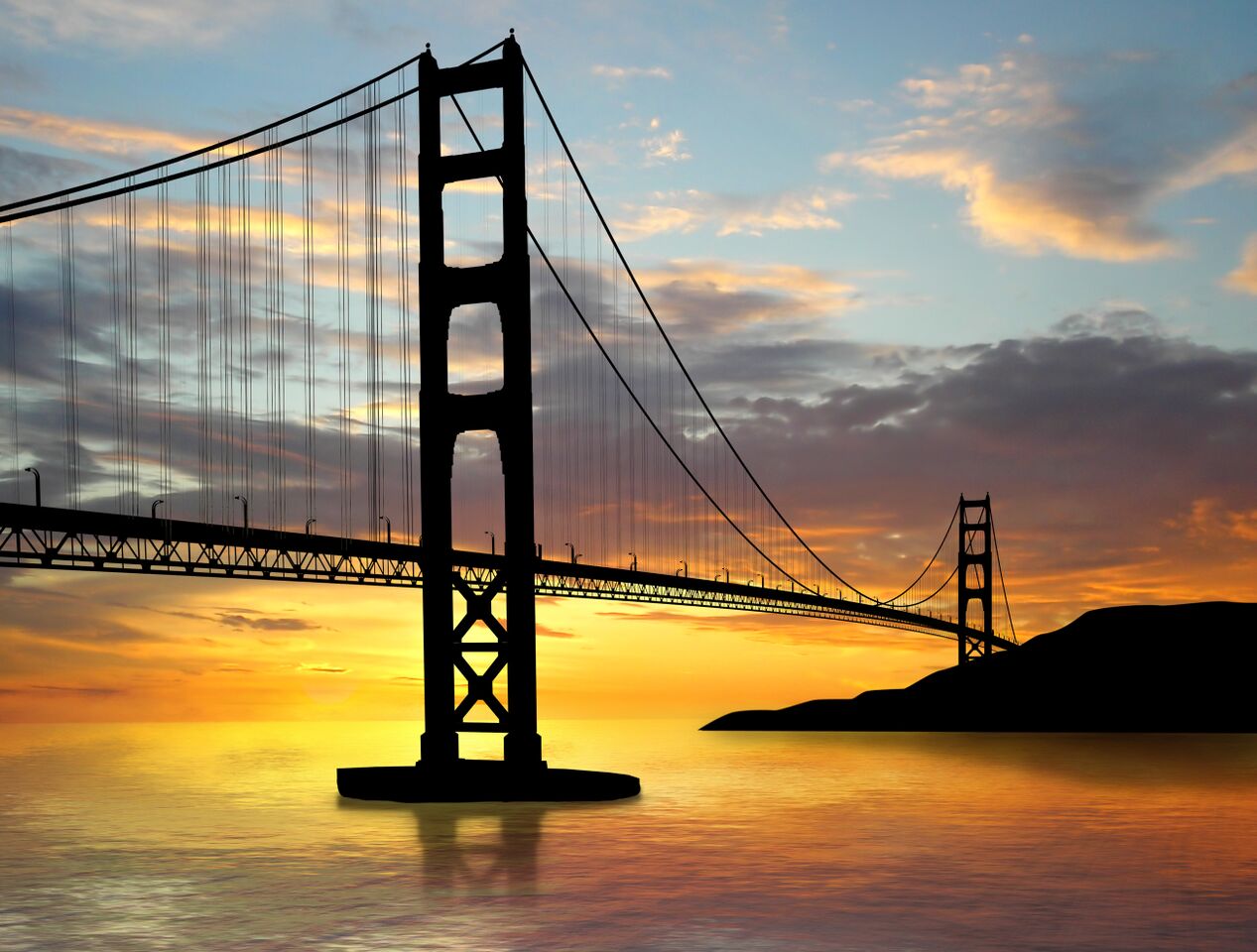In This Issue
- ReThink Disposable is Unpackaging an Island
- Subsistence Fishing in the Bay: Why the Beneficial Use Designation Matters
- Support Safe and Affordable Drinking Water for All Californians
- Clean Water Action Racial Justice Coordinator Co-Teaches East Oakland Civic Engagement Class
- Protecting Your Food—and Your Right to Know
- Use of Oil Wastewater to Irrigate Crops More Alarming
- Members of the California Office Attend Crossroads Antiracism Training
- Dan Howells Joins California Staff as New State Director
- New Communications Manager in the California Office
ReThink Disposable is Unpackaging an Island
The ReThink Disposable program provides free assistance and certification for food businesses that reduce and eliminate all those single-use items used in food service—cold and hot cups, lids, packets, clamshells, utensils, straws, sauce cups among others—that are filling landfills, choking waterways, and killing wildlife. Rather than clean up primarily plastic trash and debris downstream once it has entered the environment, ReThink Disposable helps business owners implement practices to prevent pollution upstream at the source. Not only does the business certification program eliminate waste and litter, it improves customer satisfaction, and saves small businesses an average of $3,000 to $6,000 dollars a year.
In 2017, ReThink Disposable embarked on the most ambitious project yet: using a $400,000 grant from the California Ocean Protection Council to recruit and certify 100 food businesses in a city to create a “model” community demonstration project. The City of Alameda, an island, was selected to be that model community.
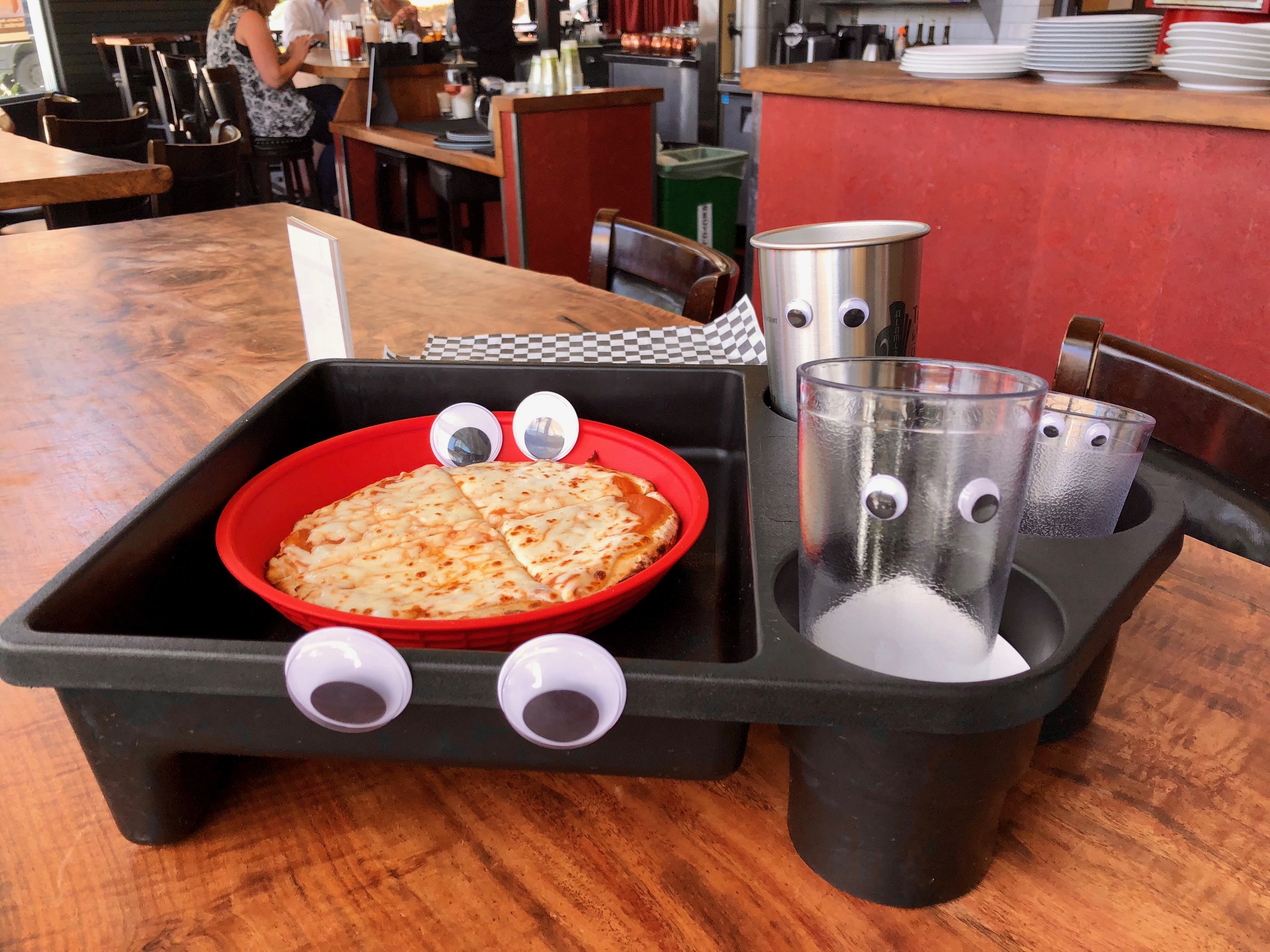
“We want to create a cultural shift away from our society’s reliance on single-use disposable packaging and the throw-away lifestyle,” said ReThink Disposable program manager Samantha Sommer. “To do that, you need a model community, and we’re delighted that Alameda is our project site. We have a big job to do—to disrupt the disposable packaging practices in 100 businesses—that’s one third of all food businesses on the island. If we can successfully show businesses how they can go packaging free, these practices will trickle out to their thousands of customers that are also local Alamedans.”
With the support of the City of Alameda’s Public Works Department, the Business Districts, local community groups, and a team of student interns and trained volunteer ReThink Disposable Ambassadors, the project has certified 20 businesses, and a total of 52 businesses are participating.
Clean Water Action’s ReThink Disposable program thanks its early business champions for becoming certified—China House Restaurant, Doggy-Style Hot Dogs, Johnathan’s Sandwich House, Lola’s Chicken Shack, Oscar’s
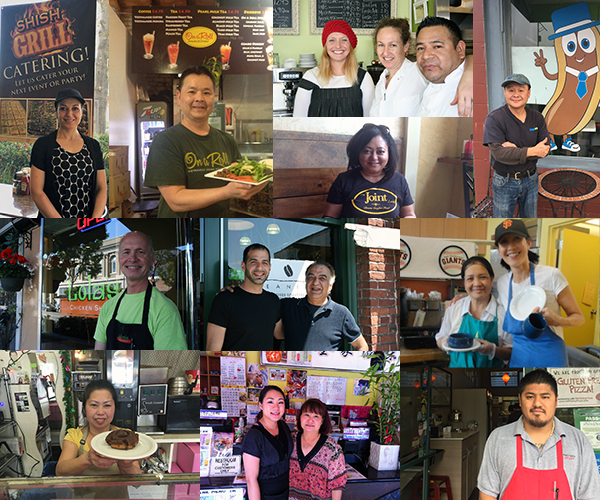
Grill, Star Donuts, Straw Hat Pizza, Taqueria Viva Mexico, The Local, Tucker’s Ice Cream, Crispian Bakery, Julie’s Coffee and Tea Garden, Linguini’s, Little House Café, New York Pizza, and the Alameda Fire Department Administration Building.
In Summer 2018, ReThink Disposable will certify its first ever movie theatre, the Alameda Theatre and Cineplex. The theatre is projected to eliminate over 600,000 pieces of disposable packaging, saving the owner $16,000 a year and reducing 5,595 pounds of waste annually. It has been a team effort, and we are well on our way towards our 100-business goal. Learn more about the program at www.rethinkdisposable.org.
Subsistence Fishing in the Bay: Why the Beneficial Use Designation Matters
Thousands of subsistence fishers throughout the Bay Area who, due to economic need, fish out of San Francisco Bay and its surrounding waters, are catching and eating contaminated fish. Others, including tribal communities, fish as a cultural tradition and a means to maintain their heritage.
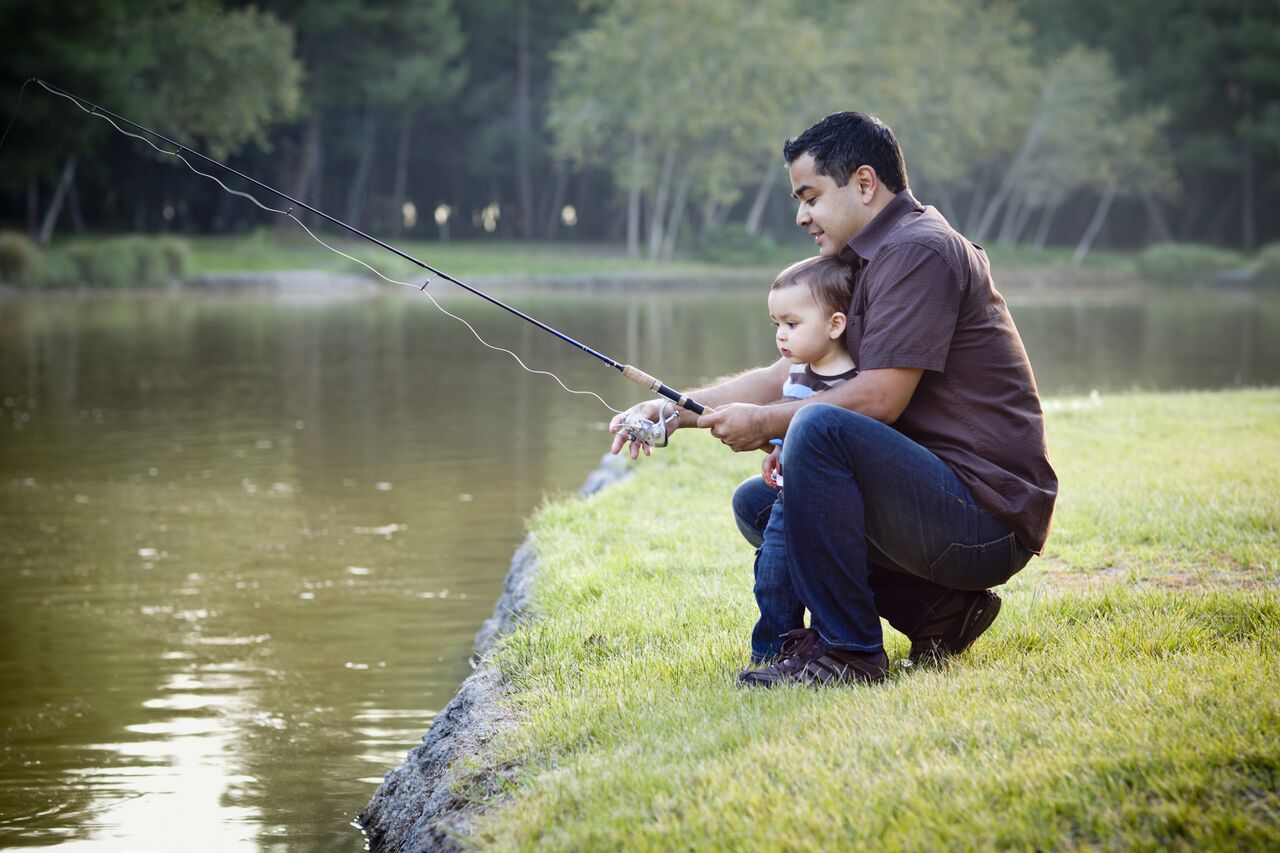
Despite its beauty, the Bay is severely polluted with mercury, pesticides, dioxins, and industrial chemicals that collect in fish that people consume. For this reason, fish advisories for the Bay inform anglers which fish are safe to consume, which should be limited, and which should be avoided entirely. Women of childbearing age and children are especially at risk due to the impacts of pollutants on brain and physical development. Mothers can pass some contaminants to their babies during pregnancy or in breast milk.
The goals for San Francisco Bay fish contaminant levels established by existing cleanup plans were developed to protect sports or recreational fishers, not those who fish for basic sustenance and therefore consume higher levels of contaminants. The good news is that in 2017, Clean Water Action succeeded in getting the State Water Resources Control Board to recognize and document that subsistence fishing and tribal cultural practices occur in California waters. This year, the organization initiated a campaign to ensure that the Bay Area Regional Water Quality Control Board formally designates the Bay as a waterbody where subsistence fishing occurs. Once this designation is “on the books,” it will ensure that all Bay Area residents, especially those most harmed by water pollution, are ultimately protected. Learn more about this issue here.
Support Safe and Affordable Drinking Water for All Californians
Members have heard a lot from Clean Water Action over the last year about the Safe and Affordable Drinking Water Fund. The organization has been working in the State Legislature since early 2017 to develop a bill that enjoys broad support and that will ensure that a million Californians without safe drinking water get the access that they need.
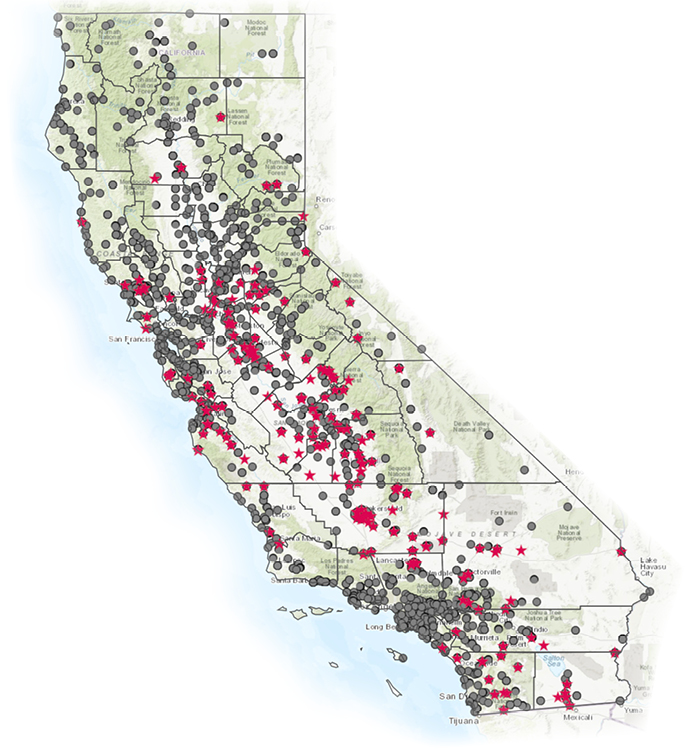
Still, when Clean Water Action canvassers go door-to-door speaking to our members and others about the need, they are often met with disbelief. People just can’t believe that the 5th largest economy in the world can’t guarantee a basic human right— safe drinking water—to all of its residents. Unfortunately, it’s true.
Thousands of small, mostly rural, unincorporated communities struggle to provide safe water to their residents. When groundwater is clean and available, it’s relatively inexpensive; but when water levels drop or the water becomes contaminated, costs skyrocket, and small communities have too few residents to share the costs of treatment. It’s not unusual for water bills to soar past $100 per month per household for safe drinking water in communities where most residents have very low incomes. Additionally, nearly 2 million residents served by state small water systems (fewer than 15 connections) or private wells have almost no oversight or assistance, and many may be unaware that their water is contaminated.
While we agree that agriculture needs to pay for the problems they cause (a key piece of the Fund), most contamination comes from naturally occurring contaminants—like arsenic or uranium—or is caused by problems within the water system, like bacterial contamination or disinfection by-products.
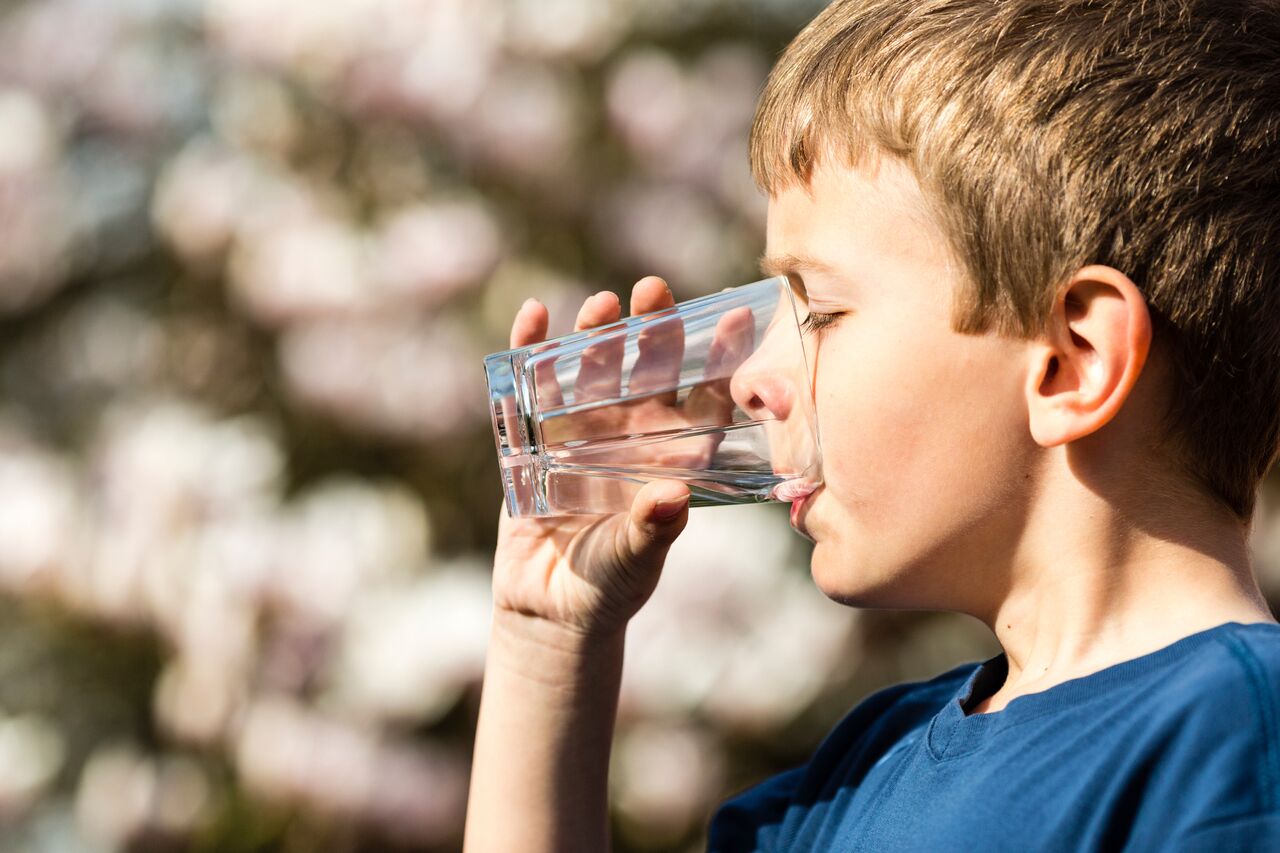
Clean Water Action has worked with its community partners for the past year to highlight water quality problems around the state. Films can be found at the campaign website, www.fundsafewaterca.org. The organization has also worked with investigative journalists (read here, and here) who have independently investigated the issue, and partnered with the State Water Board to create a map of communities that are out of compliance with safe drinking water laws.
We have plenty of proof of the scope and severity of the problem; now we all need to work towards a solution. Thanks for your support of the Safe and Affordable Drinking Water Fund—and keep calling and writing to your state representatives!
Clean Water Action Racial Justice Coordinator Co-Teaches East Oakland Civic Engagement Class
Sheila Islam started as Clean Water Action California’s first Racial Justice Organizer in late November 2017. Since then, she has built relationships with local Environmental Justice groups throughout the Bay Area. In February, Sheila became involved with the San Leandro Creek Restoration project in the Sobrante Park district of East Oakland. Sobrante Park is a low-income community of color that is affected by gentrification, high unemployment rates, illegal dumping, future sea level rise, little to no access to green spaces, and high asthma hospitalization rates due to poor air quality.
A group of environmental professionals developed a plan to restore San Leandro Creek by turning it into a greenway that will provide a community green space, help mitigate potential flooding from sea level rise, and provide local jobs. Madison Park Academy is located in Sobrante Park, and is situated next to the creek. The group felt that it was important to incorporate the high school into the planning of the creek restoration, so they began a partnership with students in Madison Park Academy’s Civic engagement class.. Sheila was invited to attend the Civic Engagement class to find ways Clean Water Action could assist the project. The students immediately took to Sheila since she was a young person of color from a low-income immigrant family working on environmental justice issues—Sheila was asked to become a regular co-teacher in the class.
During her time at Madison Park Academy, Sheila has discussed issues like gentrification, environmental racism, redlining, and the benefits of natural and green spaces for communities. Students participated in remodeling their school garden, visiting the marsh where San Leandro Creek meets the bay, mapping their routes to school, and, everyone’s favorite, white water rafting. For one class, Sheila invited Cassandra Martin from the West Oakland Environmental Indicator Project to teach the students how to use a mobile air monitor and explain how she uses it to make change in her neighborhood. After that class, a student who rarely contributed said that he would “never look at air the same again.” Several students were motivated to become more involved in their community and get to know their neighbors better. Sheila showed her students how they can become environmental advocates, and some students expressed interest in doing organizing work to address local environmental issues.
As someone with a similar background as her students, being a part of this class was really impactful for Sheila. She realized how empowering it is for communities like Sobrante Park to see people with similar experiences doing work for the community. Sheila is looking forward to returning to Madison Park Academy after summer break and continuing to build a relationship with the students and community of Sobrante Park.
Protecting Your Food—and Your Right to Know
Imagine you are at your favorite lunch spot telling the cashier what you want on your fish taco. You
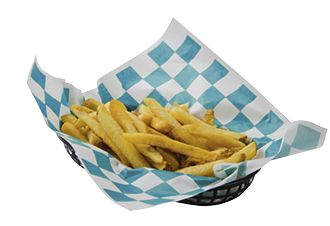
think about lettuce, salsa and whatever else catches your fancy, but you’re probably not thinking that you’ll be getting a dollop of toxic chemicals along with the good stuff. That’s because the wrapper for that taco may contain poly- or perfluorinated chemicals (PFAS). These grease and water repellent chemicals, which are often found in food packaging, can contaminate food, and are linked to cancer, reduced immunity in children, birth defects, and a wide range of other health and environmental problems.
Clean Water Action believes that Californians have the right to know when they are being exposed to PFAS in their food. That is why the organization is co-sponsoring AB 958 (Ting), which requires that food packaging and cookware containing any of these chemicals are labeled with a warning. Fortunately, testing has shown that much of the food packaging and containers on the market do not contain these dangerous chemicals and that there are better cookware options as well. So you can choose—as can restaurants and food manufacturers—to avoid being exposed. The bill is on its way to the Senate floor and Clean Water urges all of its members to tell their state senator that they should pass AB 958 immediately! Learn more about PFAS here.
Use of Oil Wastewater to Irrigate Crops More Alarming
In 2015, Californians learned that crops in the state have been irrigated with oil wastewater for more than 20 years, despite a lack of knowledge about whether the practice is safe. The public was understandably alarmed.
Oil wastewater, also known as "produced water," is the by-product of oil production. Every barrel of oil produced creates 12 to 15 barrels of wastewater. Most of this wastewater is disposed of by injecting it back into the ground—which can be a problem in a drought-ravaged state that relies on groundwater for drinking and agriculture.
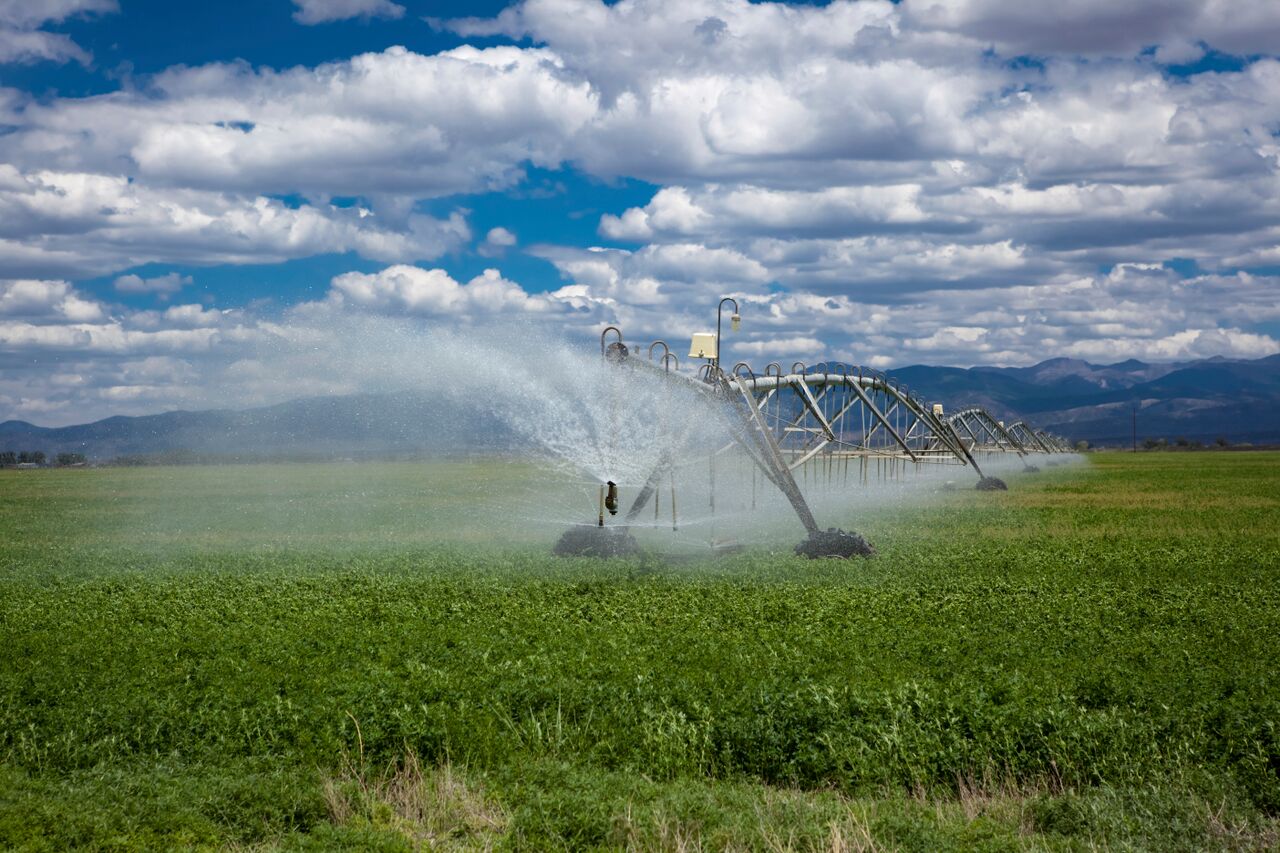
Although it is known that oil wastewater is laden with toxic chemicals, not all of the chemicals are known because the oil industry refuses to disclose them. They cite trade secret protections for non-disclosure. Despite oil industry claims that this practice is safe, without knowing all the chemicals and their potential health impacts, it is impossible to determine if wastewater irrigation is safe.
As of June 2018, only crops in Kern County, where 80 percent of California's oil is produced, are irrigated this way. But drought pressures have generated interest in expanding the practice. About 50,000 acres of crops, or about ten percent of Kern County's farmland, is irrigated with oil wastewater.
The wastewater is generally diluted by mixing it with 50 to 80 percent groundwater. But a new permit application being developed by the Sherwood Hills Water District proposes no dilution. This proposal completely ignores the undisclosed chemicals and their potential health impacts.
Unfortunately, efforts to even introduce legislation banning new permits for undiluted wastewater irrigation have failed. Why? Because the oil and gas industry is the most powerful lobby in the state.
In response to the public's alarm, the state constituted an "expert panel" comprised of state agencies, scientists, and industry representatives to help determine if this practice is safe. After two and a half years, however, progress towards determining safety is glacial.
Clean Water Action continues to oppose wastewater irrigation and will work with its members and colleagues to investigate it and advocate to stop it.
Members of the California Office Attend Crossroads Antiracism Training
As part of Clean Water Action’s California office's work on racial equity, members of the Canvass, Program and Administrative teams took part in a day-long training with the organization Crossroads. Crossroads' website states "since 1986 Crossroads Antiracism Organizing & Training (formerly Crossroads Ministry) has been providing organizing, training, and consulting to institutions striving to dismantle racism. This includes analyzing internal policies and procedures that maintain white power and privilege, and helping to create an intervention strategy to dismantle oppressive systems." The California office has continued conversations with Crossroads to identify what our next steps might be as we continue work through racial equity issues.
Dan Howells Joins California Staff as New State Director
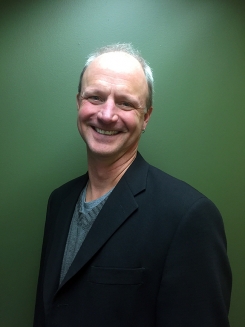
Recently the Western Campaigns Director for Solar City, Mr. Howells’ career has included lengthy stints as Deputy Campaign Director for Greenpeace, Director of Clear the Air and as a global warming campaign manager for the Pew Environment Group. Based in the organization’s Oakland office, Mr. Howells’ focus at Clean Water Action will be to boost capacity and strategic impact for its successful California campaigns in areas such as oil and gas, toxics, groundwater sustainability, drinking water, and waste reduction.
Mr. Howells joined the organization in November 2017.
Clean Water Action Chief Executive Bob Wendelgass said: “Dan brings a depth and breadth of experience in domestic and international campaigns, strategic planning, program management, staff and volunteer management, media and communications to this role. We’re excited to have him, and look forward to deepening the impact of our California work with him at the helm.”
Mr. Howells said: “I’ve worked with folks at Clean Water Action off and on for the past 22 years, and I’m excited to be joining its vibrant community of canvassers, activists and program managers at such a crucial time for California’s environmental movement. We’re at the vanguard of efforts to resist Donald Trump’s dirty agenda, nationally, and to take the lead with sustainable policy.”
New Communications Manager in the California Office
Nina Foushee grew up in Tucson, Arizona, in a family of earth scientists and social justice advocates. Before joining Clean Water Action she worked as a writer, editor, and communications manager in journalistic, electoral, and nonprofit contexts. She is excited to be joining an organization committed to building a diverse coalition of people working for a habitable planet and equitable future. In her role as California Communications Manager, she hopes to tell compelling stories about the work of Clean Water Action and contribute to an inclusive, justice-centered narrative about contemporary environmentalism.
